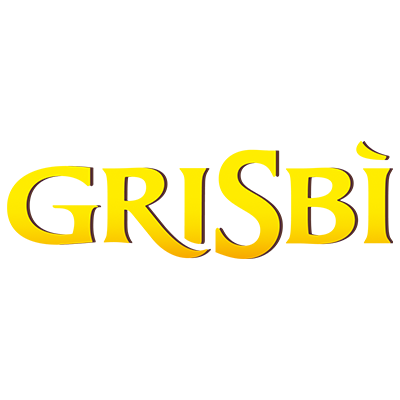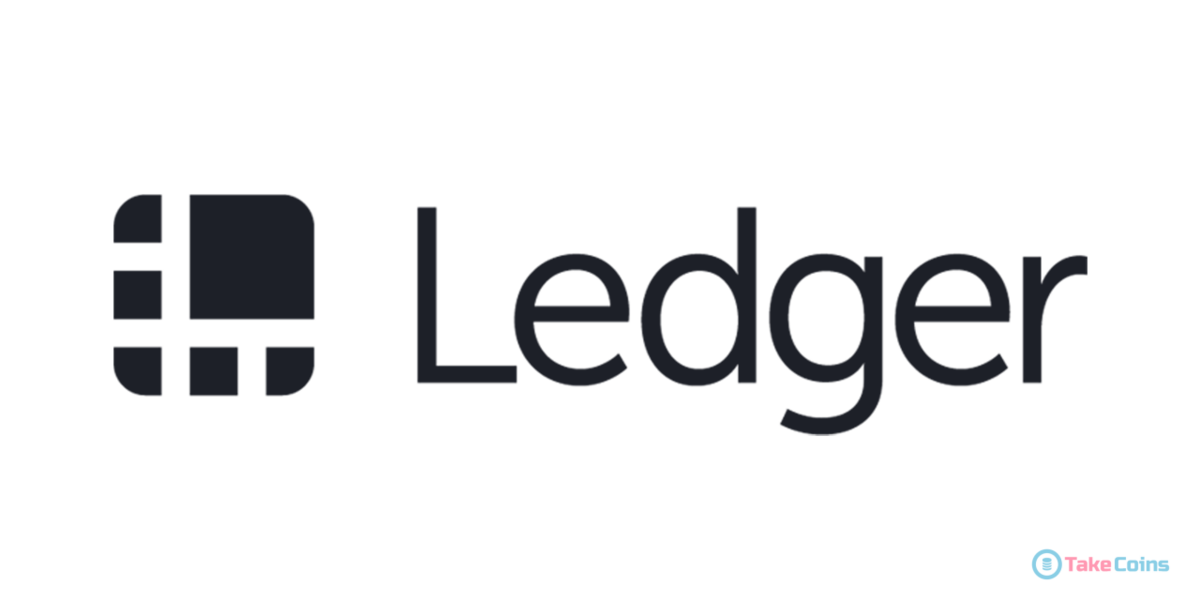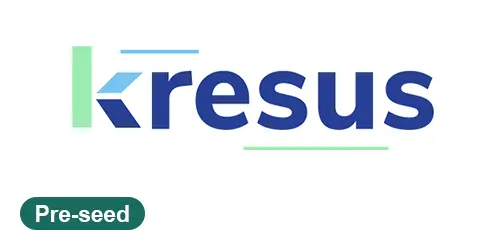Grisbi: Simple Accounting Tool for Everyday Expense Management
Grisbi is one of those open-source finance programs that has been quietly around for years. It doesn’t try to look modern or stylish, but it gives users something many other free tools skip — a full set of features for personal and even small-organization accounting. What matters here is not design but reliability.
How it tends to be used
People usually set up several accounts — a bank account, a card, maybe some savings — and then log transactions over time. Each entry can be sorted into categories, which slowly builds a detailed view of spending. Grisbi also supports scheduled transactions, so recurring bills don’t have to be typed in every month. Reports are basic in appearance but surprisingly detailed: balance sheets, expense summaries, or income reports that go beyond what most free apps deliver.
Technical snapshot
| Aspect | Details |
| Platforms | Linux, Windows, macOS |
| License | Open-source (GPL) |
| Storage | Local file |
| Import options | QIF, OFX, CSV |
| Export options | CSV, HTML, PDF |
| Main features | Accounts, categories, budgets, scheduled transactions, reports |
| Multi-currency | Supported |
| Privacy | Fully offline |
Getting started
On Linux, Grisbi is often just a package away. Windows and macOS users can download it directly from the project site. The program creates one main file that stores everything — accounts, preferences, history. Backing it up means simply copying that file somewhere safe.
Who uses it
– Families who need a clear view of daily spending and income.
– Freelancers who want to manage multiple accounts without paying for commercial tools.
– Small clubs or associations that track member fees and expenses in a structured way.
Why it has fans
Grisbi is valued for being steady. It doesn’t overwhelm with options, yet it covers more ground than most free finance apps. Reports may not look flashy, but they’re useful. And with proper multi-currency support, it’s helpful for users dealing with accounts across different regions.
Bottom line
Grisbi is not about looks, it’s about function. For anyone who wants a no-cost tool that feels closer to accounting software than a simple expense tracker, it remains one of the strongest open-source choices.







